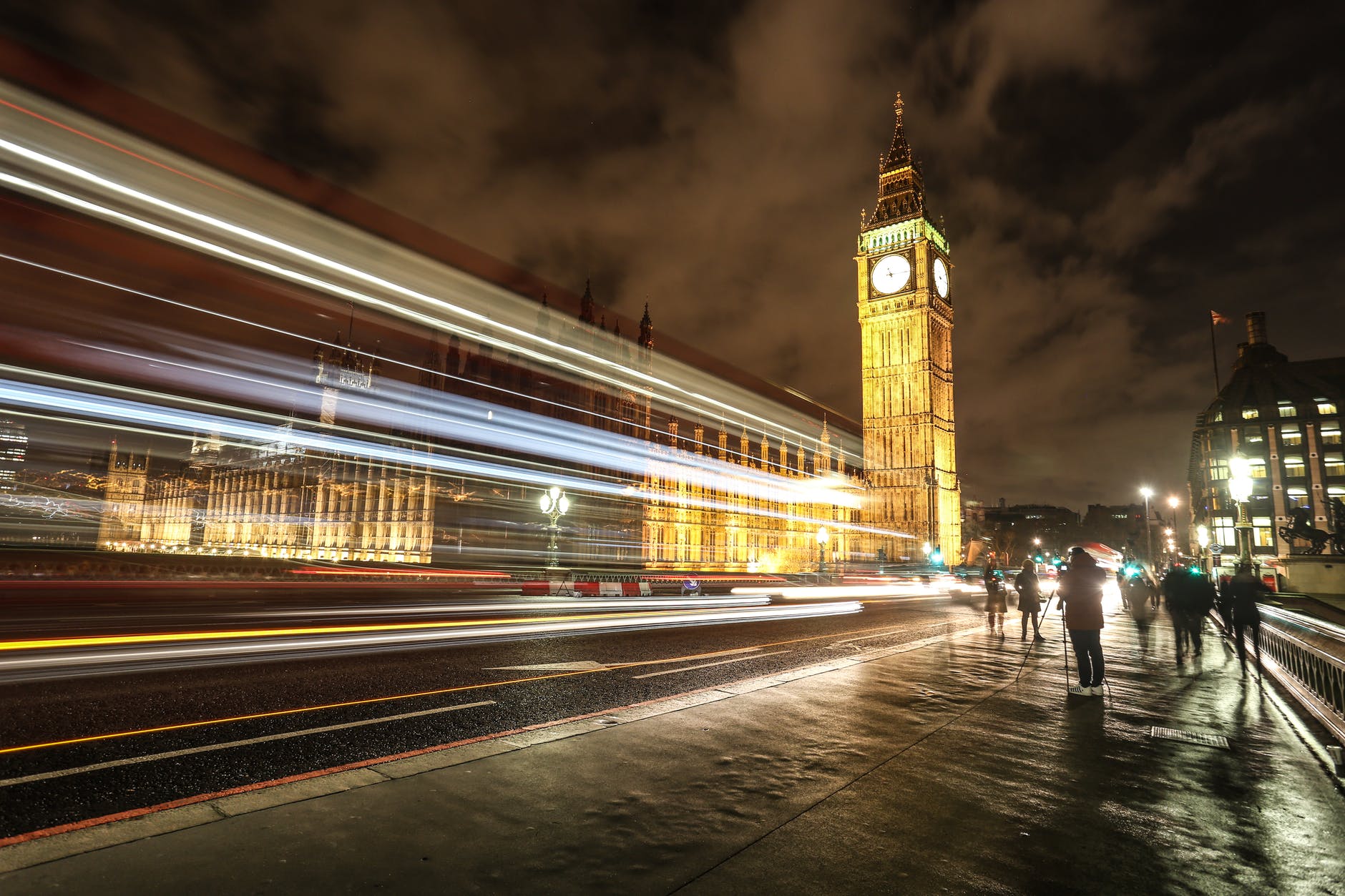Report Stage Immigration Bill – House of Lords September 30th 2020
Lord Alton of Liverpool (CB)
My Lords,
In Committee, we had a discussion about some of the powers contained in this Bill, and I am pleased to be a signatory to Amendment 4. But I would also like to support Amendment 5 and, for the reasons my noble friend Lord Pannick has just advanced, Amendment 9 in the name of the noble Lord, Lord Rosser, which is about a sunset clause. Amendment 5 seeks to narrow the powers of the Secretary of State, and in a way that is also at the heart of Amendment 4, which is what I want to address this afternoon.
All these amendments seek to rein in some of the powers which Ministers are taking. It is a particular pleasure to be able to follow the noble Baroness, Lady Hamwee, and my noble friend Lord Pannick. He referred to the Constitution Committee and its work, and I entirely agree that the substitution of the word “necessary” for “appropriate” places a higher threshold into the Bill—but you might wonder why on earth we would be spending so much time on just two words. Why does that really matter?
Yesterday in Grand Committee, in the context of the Trade Bill, I questioned, yet again, the Government’s overuse of secondary legislation and their unconvincing assertion that this amounts to effective parliamentary scrutiny and accountability. I recall that the last time the House of Commons failed to pass an affirmative action Motion was in 1978, the year before I was elected to the House of Commons. The chairman of the 1922 Committee, Sir Graham Brady, has rightly warned of the dangers of the Government taking a whole range of powers that effectively neuter due parliamentary process, and I agree with him.
5.45 pm
The Delegated Powers Committee, invoking the wretched Henry VIII, who was referred to by my noble friend Lord Pannick, said:
“The combination of the subjective test of appropriateness”—
the word that is in contention here—
“and the large number of persons who will be affected, make this a very significant delegation of power from Parliament to the Executive.”
The committee suggested that alternative approaches could be used and warned against the potential misuse of loosely drawn powers in the future.
All this is in the context of a Bill which, the committee says,
“creates a substantial change to immigration law.”
Taken alone, we probably should not get overexcited by one word, but let us put that word into the context of a range of other considerations about which we, as Parliament, should be greatly exercised.
In your Lordships’ House, I have recently participated in debates about the Medicines Bill, the Trade Bill and, last Friday, coronavirus regulations. In every one of those debates, and others, noble Lords have questioned the use of sweeping powers, often taken under the cloak of Covid or the pretext of Brexit, all minimising the role of the legislature and, in some instances, creating governance by edict and decree, and even with speculation that our own armed forces might be used to enforce some of these regulations.
This comes on a day when we read in the Financial Times that the Government seriously considered using Ascension Island, 5,000 miles from the United Kingdom, as a potential asylum-processing centre—a bizarre, wholly impractical and ultimately inhumane proposal that demonstrates why Parliament must not cede its powers or be missing in action when these sorts of crazy ideas are mooted. Rather, it should be seeking and working with the Government to find practical and imaginative proposals to tackle the reasons why this worldwide displacement has left 70 million people as refugees in the world today. The answers to that will not be found on Ascension Island. It is in this sort of context that we must never allow any Government to create a fiction around parliamentary accountability.
Last Friday, the noble Lord, Lord Forsyth of Drumlean, eloquently and vividly described what has been happening. He used the words,
“the strange death of parliamentary democracy in our country.”—[Official Report, 25/9/20; col. 2009.]
This was the noble Lord, Lord Forsyth, whom I hugely admire and greatly agree with.
In these circumstances, we turn to trusted sources—to the sort of bible of Parliament, Erskine May, or to our own oversight committees: the noble Lord, Lord Pannick, has just referred to the Constitution Committee. But what does the Delegated Powers Committee have to say about other powers being taken in the Bill. It says the Bill is giving Ministers, in the context of social security co-ordination regulations,
“almost absolute power to rewrite the Co-ordination Regulations at any time of their choosing.”
And of course Parliament will have no power to modify such SIs, only to approve them—along with the little-used power to reject them.
What has the Delegated Powers Committee said about the response of the Government? In a withering rebuke, it describes
“inadequate justification for a wholesale transfer from Parliament to the Government of power to legislate in a field that could … impact on large numbers of UK citizens resident in EEA members states, and EEA nationals resident in the UK.”
The committee made no secret of its aversion to the Government’s use of skeleton Bills to accrue further powers, the failure of Ministers to give adequate explanation of why they need such wide-ranging powers—powers which are often not time-limited—and the failure to require any duty to consult on why they are taking such a range of powers.
In Committee, I said that skeleton Bills were turning us into a skeleton Parliament. We need to put skin on the bones of overused powers that may suit government departments but eviscerate Parliament. Under the cover of Covid and Brexit, we are seeing the systematic curtailment of many of Parliament’s powers that we should guard and cherish ferociously. It is simply not good enough to be told to rest content with the thought that good and decent Ministers will never abuse such powers.
As it happens, the noble Baroness, Lady Williams, is a conscientious and diligent Minister who came to the House with a high reputation for her leadership of Trafford Council. She is well schooled in local government in what I often describe as the “university of adversity”. She has a well-earned reputation that she holds to this day. However, Ministers come and go—I hope that the noble Baroness will not go for a long time—and Parliament changes, but the legislation we pass takes on a life of its own. We have a duty to build in adequate accountability, scrutiny, checks and balances.
Let me end by reminding the House of what EM Forster said in his wonderful book Two Cheers for Democracy—I think he said that only “Love, the Beloved Republic,” was worth three cheers. In Two Cheers for Democracy he said that the great justification of our imperfect parliamentary system is the curmudgeonly, awkward squad of parliamentarians who sometimes manage to get some minor injustice put right. Let us not be undertakers at the strange death of parliamentary democracy but jealously guard the hard-won rights to hold Governments to account, and in doing so, to take the opportunity sometimes to put a minor injustice right. I have great pleasure in supporting these three amendments.



